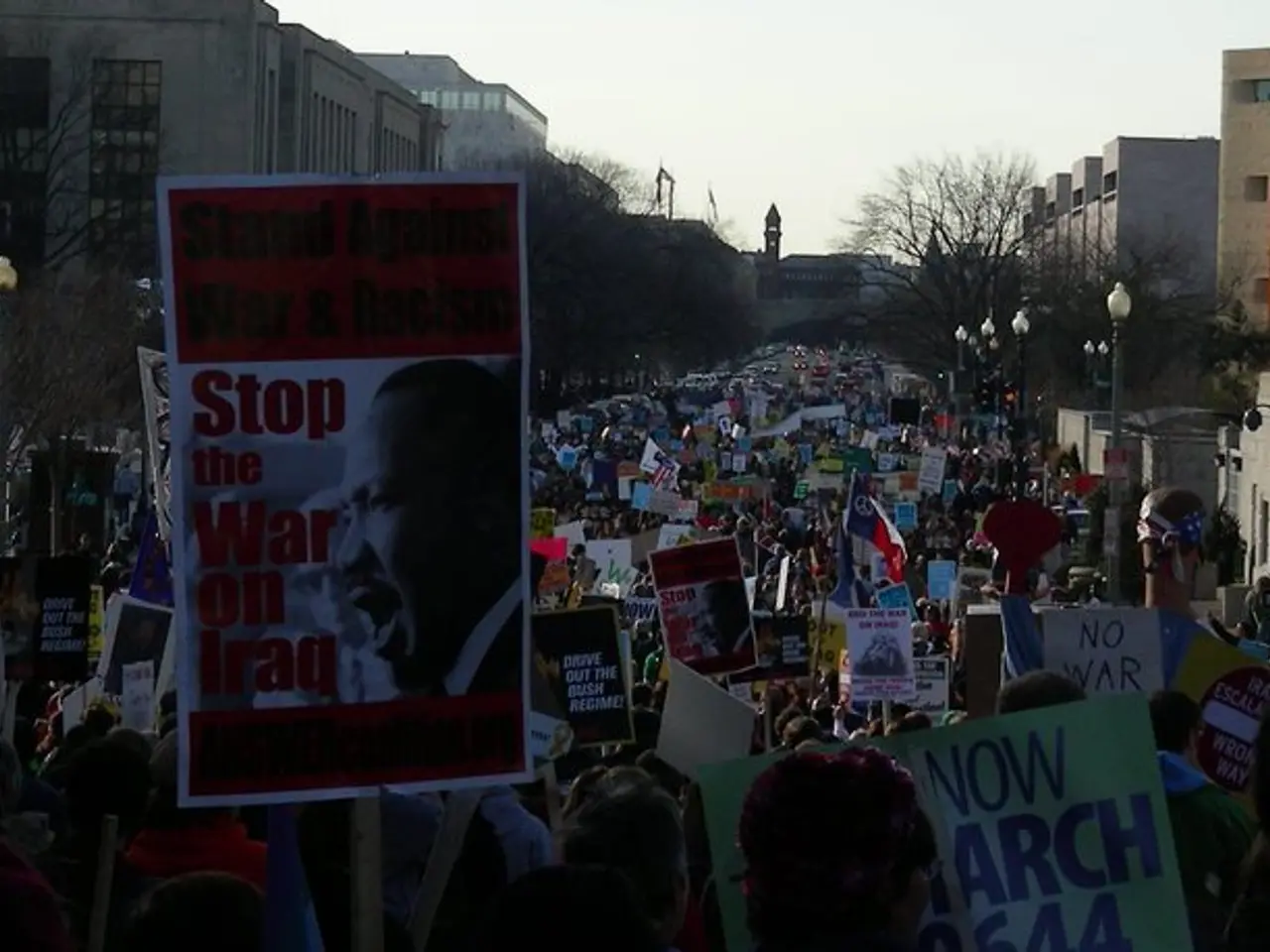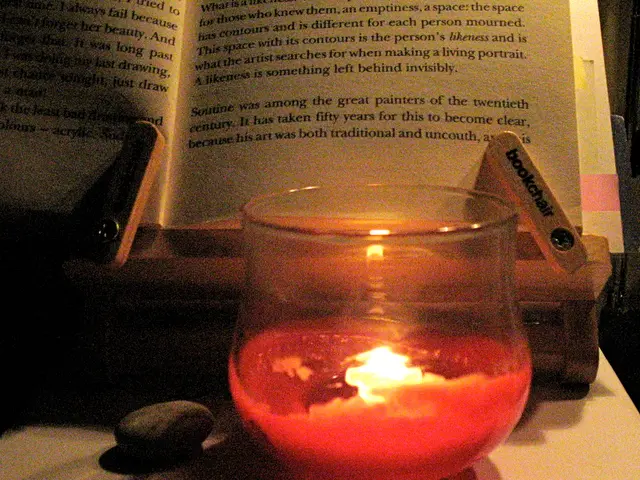Unrest intensifies in Serbia's capital Belgrade as demonstrations escalate and physical confrontations ensue
In recent months, Serbia has witnessed a sharp escalation in clashes between anti-government demonstrators and supporters of the ruling Serbian Progressive Party (SNS), alongside law enforcement forces. What began as a largely peaceful anti-corruption protest movement in November 2024 has turned violent due to provocations and aggressive responses from both government supporters and law enforcement.
Key recent developments include:
- Clashes intensified from August 12, 2025, with daily confrontations in multiple cities, notably Belgrade, Vrbas, Backa Palanka, and Novi Sad. Thousands of protesters marched, facing baton-wielding riot police and aggressive crowd dispersal tactics in Belgrade. Police used vehicles to push back crowds.
- Numerous protests included students and citizens denouncing police brutality and repression under President Aleksandar Vučić’s administration, with reports of harsh police treatment and arrests.
- Supporters of the ruling SNS allegedly attacked peaceful demonstrators, contributing to the violence. The government accused protesters of vandalism and attacks on SNS offices, labeling the protests as violent threats to the state and hinting at a possible state of emergency.
- At least 42 police officers were injured and 37 demonstrators arrested during confrontations in mid-August 2025.
Underlying causes of these clashes stem from longstanding dissatisfaction with corruption, government repression, and perceived erosion of democratic norms in Serbia. Opposition to President Vučić’s increasingly authoritarian governance style and police violence against demonstrators are also significant factors. Provocations from both pro-government groups and security forces have escalated tensions from peaceful protests into violent confrontations.
The surge in violence may strain Serbia’s relations with the European Union, which emphasizes democratic governance, rule of law, and respect for human rights as conditions for accession. Increased reports of police brutality, political repression, and social instability could delay or complicate Serbia’s EU candidacy progress, as Brussels closely monitors such developments. However, the full EU response will depend on Serbia’s government actions following these clashes and whether meaningful political dialogue and reforms are pursued.
In summary, the escalating clashes reflect deep political and social unrest triggered by opposition to President Vučić’s rule, raising concerns about Serbia’s political stability and potentially hindering its path toward EU integration.
- In light of the heightened violence in Serbia, concerns regarding the nation's political stability and its trajectory towards EU integration have arisen, given the European Union's emphasis on democratic governance, rule of law, and respect for human rights.
- These ongoing clashes in Serbia, instigated by opposition to President Vučić's rule and characterized by war-and-conflicts, politics, and general-news, have led to a strengthening of the arts movement in Europe as artists use their platforms to denounce police brutality and advocate for democratic change in Serbia.





